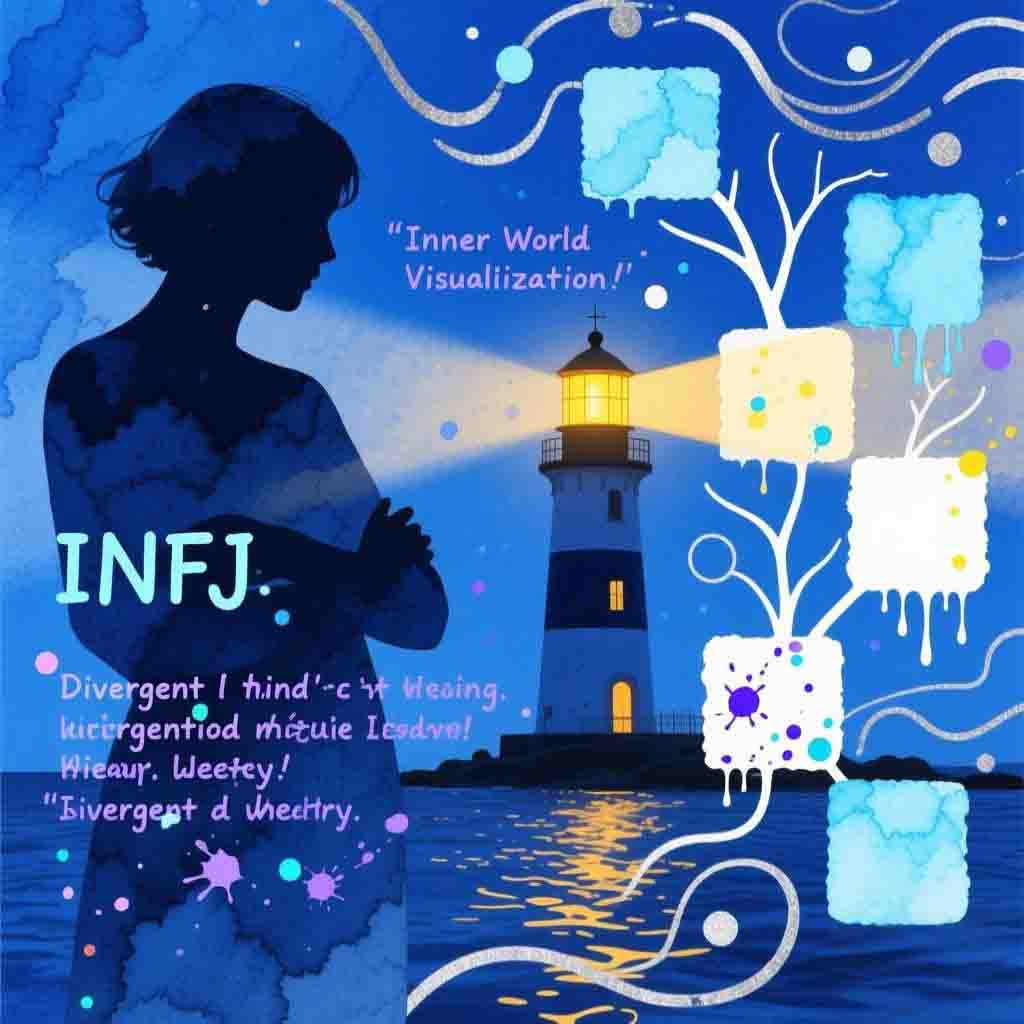Understanding MBTI for Deeper Relationships
Relationships thrive when we understand ourselves and others. MBTI personality types offer a structured lens to comprehend emotional needs, communication preferences, and conflict styles. Whether in dating or long-term partnerships, knowing your type—and your partner’s—can enhance intimacy and trust.
How MBTI Shapes Communication
Different personality types express feelings and interpret words uniquely. For example:
-
INFJ partners appreciate deep, meaningful conversations.
-
ESTP partners prefer direct, action-oriented communication.
By aligning your communication style with your partner’s MBTI, misunderstandings reduce, and emotional connection strengthens.
Dating Tips by MBTI Type
-
Introverts (I) may need quiet time to recharge—respect personal boundaries.
-
Extraverts (E) thrive on shared experiences—plan interactive dates.
-
Thinkers (T) value logical discussions—present your feelings clearly.
-
Feelers (F) focus on empathy and emotional validation—express affection sincerely.

Conflict and Resolution
MBTI can guide how couples resolve disagreements. Knowing whether your partner approaches conflict analytically (T) or emotionally (F) helps tailor responses and prevent escalation.
Practical Steps to Deepen Connection
-
Share your MBTI types and reflect on each other’s preferences.
-
Regularly practice active listening and empathy.
-
Create shared goals that respect both personalities.
Conclusion:
MBTI is more than a label—it’s a tool to understand emotional dynamics, nurture trust, and foster fulfilling relationships. By applying these insights, you can transform both romantic and platonic connections into more meaningful bonds.


